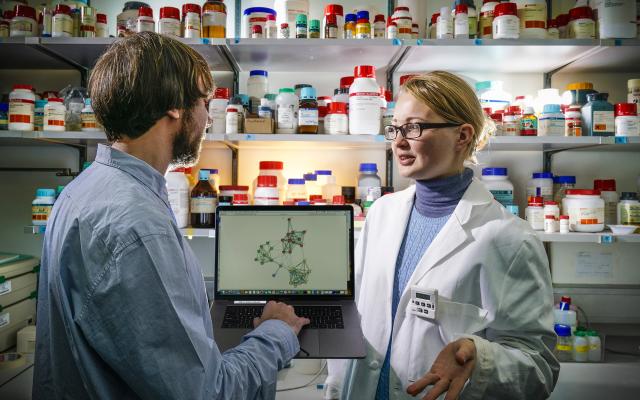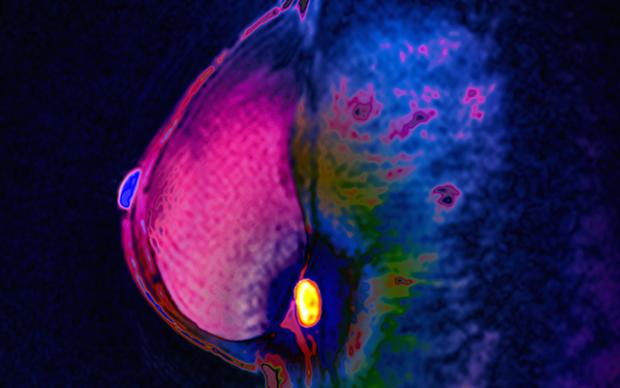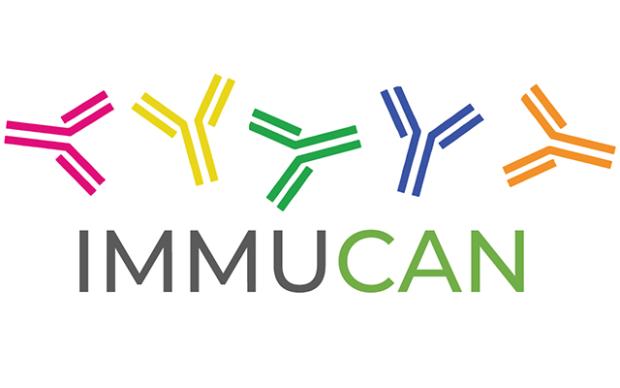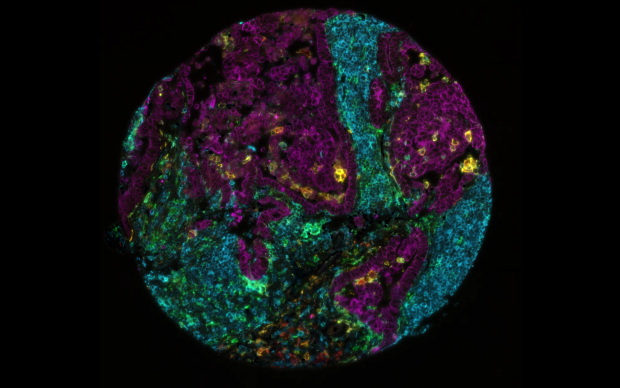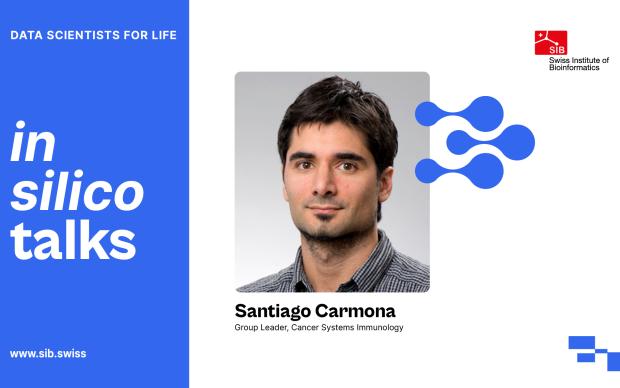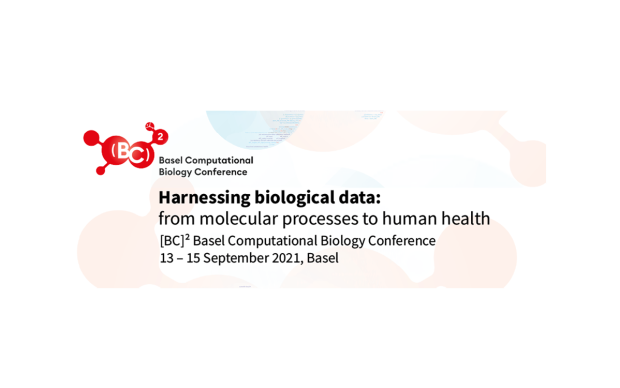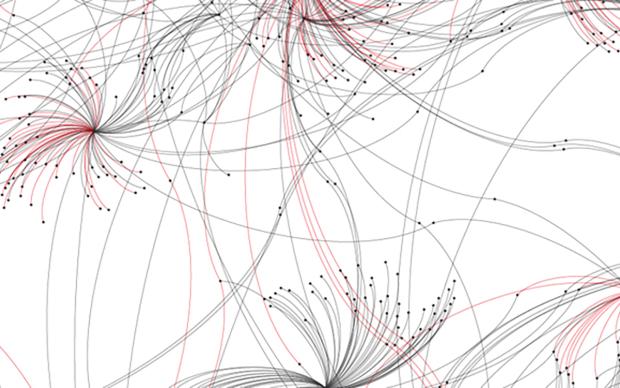Being able to visualize the transmission of a virus in real-time during an outbreak, or to better adapt cancer treatment on the basis of the mutations present in a tumour’s individual cells are only two examples of what molecular big data can bring to medicine and health globally. From 9 to 11 September, the [BC]2 Basel Computational Biology Conference, organized by the SIB Swiss Institute of Bioinformatics, will bring together international and Swiss-based scientists working in this field, in one of the key bioinformatics events in Europe: a prime opportunity to hear from leading experts, from precision oncology to infectious diseases.
Why is computational biology key?
Technological advances have brought us to the genomic era at full speed, with human sequence data flowing into global repositories at an exponential rate. When combined with the growing wealth of digital health records and clinical trials, these terabytes of data promise invaluable insights into the biological mechanisms of human health, aging and disease. However, without state-of-the-art computational methods, resources and solutions – including machine learning approaches – it is virtually impossible to extract knowledge from them, let alone to derive clinical applications. The [BC]2 Basel Computational Biology Conference precisely aims to foster the transfer of such know-how among today’s scientists.
Distinguishing the next generation of bioinformaticians: the SIB Awards
The [BC]2 conference will also host the SIB Awards Ceremony, which will, for the 10th time, honor the excellence of two early career researchers – international as well as Swiss-based – as well as of a bioinformatics resource (database or software) of particular importance for the life science community. Such recognition acts as a springboard for young researchers as well as for emerging tools as past awardees told us in a series of interviews.
Swiss expertise, international reach
Switzerland has a history of excellence in curation and analysis of biological data thanks to the SIB Swiss Institute of Bioinformatics, created 20 years ago. Every two years, the Institute organizes [BC]2, which this year aims to help filling the gap between big data and clinical applications, through a series of workshops and plenary sessions detailing the current status of knowledge. Attracting prestigious keynote speakers and over 300 attendees from around the globe, the conference is deeply rooted in Switzerland, with a scientific committee exclusively composed of Group Leaders of the SIB, including co-chairs Niko Beerenwinkel (ETH Zurich) and Erik van Nimwegen (University of Basel). “The application of big data in medicine holds enormous promise, but by and large these great expectations have yet to be fulfilled. It’s a real privilege to be able to gather the world’s experts in Switzerland to survey where we stand, and discuss what the key challenges are to realizing this promise”, says van Nimwegen.
From precision oncology to infectious diseases – what experts have to say
Three themes of broad significance emerge from the conference’s multiple tracks and sessions:
- From single-cell data to precision oncology: Genome-wide data from single cells have become essential in cancer research and precision oncology. Identifying and interpreting the consequences of mutations in the DNA of individual cells of a tumour is key to classifying the tumour’s stage, and to identify appropriate therapies. “Thanks to new techniques which allow us to explore tumours at the level of single cells, we are changing our way to approach cancer: a tumour is now seen as a diverse ecosystem in the context of the surrounding tissue, which opens the door to much more finely targeted therapy”, says SIB Group Leader Manfred Claassen (ETH Zurich), co-chair of the single-cell data session;
- From pathogen sequencing to fighting infectious diseases: Many diseases are caused by rapidly mutating and increasingly drug-resistant microorganisms. Hence characterizing pathogens at the molecular and genomic level is essential for designing drugs and vaccines as well as for the monitoring of disease outbreaks. “Tools such as NextStrain already play an important role for analysing and tracking outbreaks of pathogens such as Ebola or Zika virus in real-time. Public health interventions will increasingly rely on such bioinformatics tools to allocate their resources in the future”, says SIB Group Leader Richard Neher (University of Basel), co-chair of the evolutionary medicine session;
- Biological big data analysis and methods: Ultimately, big data obtained from basic research comes from many different sources and in many formats (e.g. sequence, gene expression, and biochemical data). Extracting useful information from such multi-varied data requires precisely tailored tools and methods, including special-purpose machine learning algorithms. “In precision medicine, machine learning techniques are becoming essential – both to integrate the large variety of data types used to characterize each patient, as well as to identify, in these complex high-dimensional data, hidden patterns which may then be used as biomarkers that predict susceptibility to a disease”, says SIB Group Leader Julia Vogt (ETH Zurich), co-chair of the multi-level data integration session.
In 2019, [BC]2 will be an integral part of BASEL LIFE, Europe’s leading congress in the Life Sciences, taking place at the Congress Center in Basel. The event will thus foster scientific exchanges between computational and experimental disciplines, and between academia and the industry.


